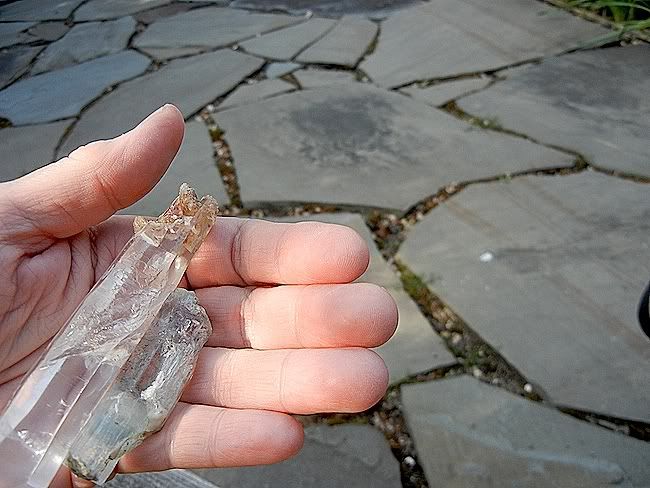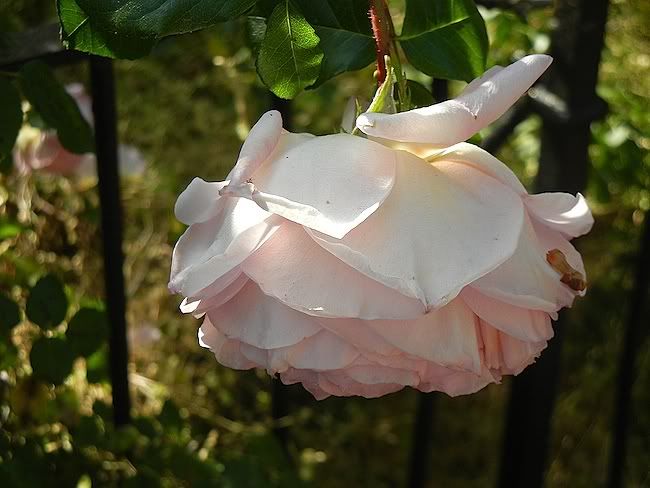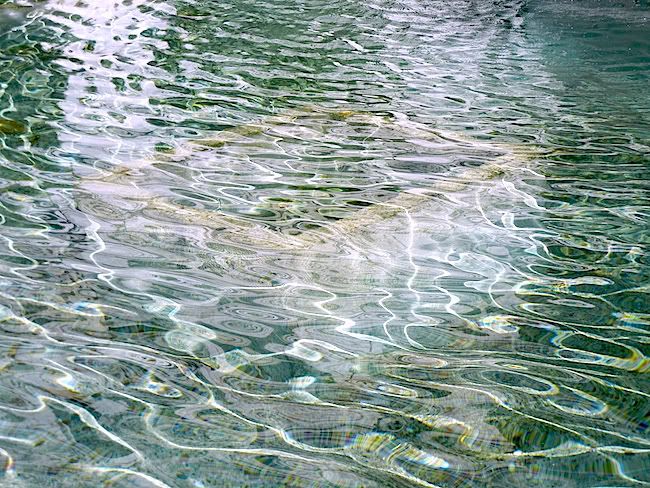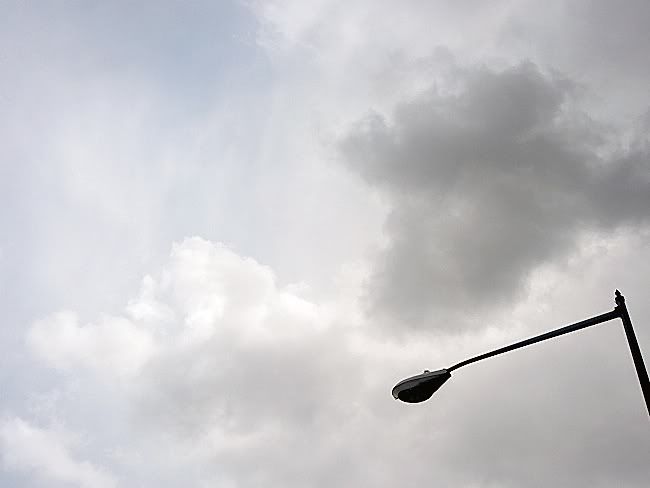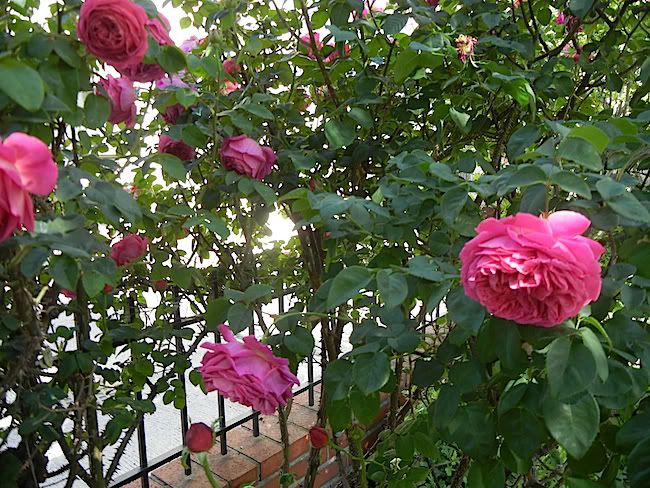
In my perfect world, here's what health care looks like:
Every man, woman, and child receives actual preventative care, at least once a month or more when needed. This care would consist of a sit down with a psychotherapist, a therapeutic massage, osteopathic or chiropractic adjustment or a session of acupuncture.
This care would not be seen as luxurious, superfluous, excessive or self indulgent. It would be seen as an important responsibility. It would be a non-issue as to what each person chose as his or her preventative care and of course folks would switch modalities as needed.
No hospital employee would ever work more than 40 hours a week. On staff at hospitals would be patient advocates who would smooth communication between doctor and patient, explain things to the patient, lobby for the patient with the doctor, too. Nurses would once again be allowed to give back rubs to patients. Massage therapists would be on staff not only for the nurses, but the doctors, too.
I have always dreamed of providing sports massage for surgeons, before and after surgery. I mean the kind of bodywork they would receive if they were going into a marathon. They often are, you know. Sports massage is upbeat, energizing. We used to crank up the reggae music while we did the compressions and stretches, say things like GO GET 'EM. Can you imagine your surgeon being alert, blood flowing, fully in his/her body before surgery? Fewer mistakes would be made, I know it! A calming shoulder rub after surgery would be great for all involved.
Every man, woman and child would be encouraged to develop a relationship with a primary care doctor, over a span of years if possible. We would be encouraged to seek the help of someone like-minded, with whom each individual could develop a rapport. Primary care physicians would work closely with the massage therapists, psychotherapists, acupuncturists and osteopaths providing the preventative care, so all would be on the same page.
How would I pay for all this? Well, don't ask me! One model I approve of is that health care practitioners be paid every day their patients are healthy. When a patient gets sick, they pay nothing until they are well again. It seems so right to me!
I could go on, but I will spare you the diatribe.
Anyway, this would be my perfect world, certainly not a perfect world for everyone. Tra-la. Happy weekend, y'all. Cheers!

